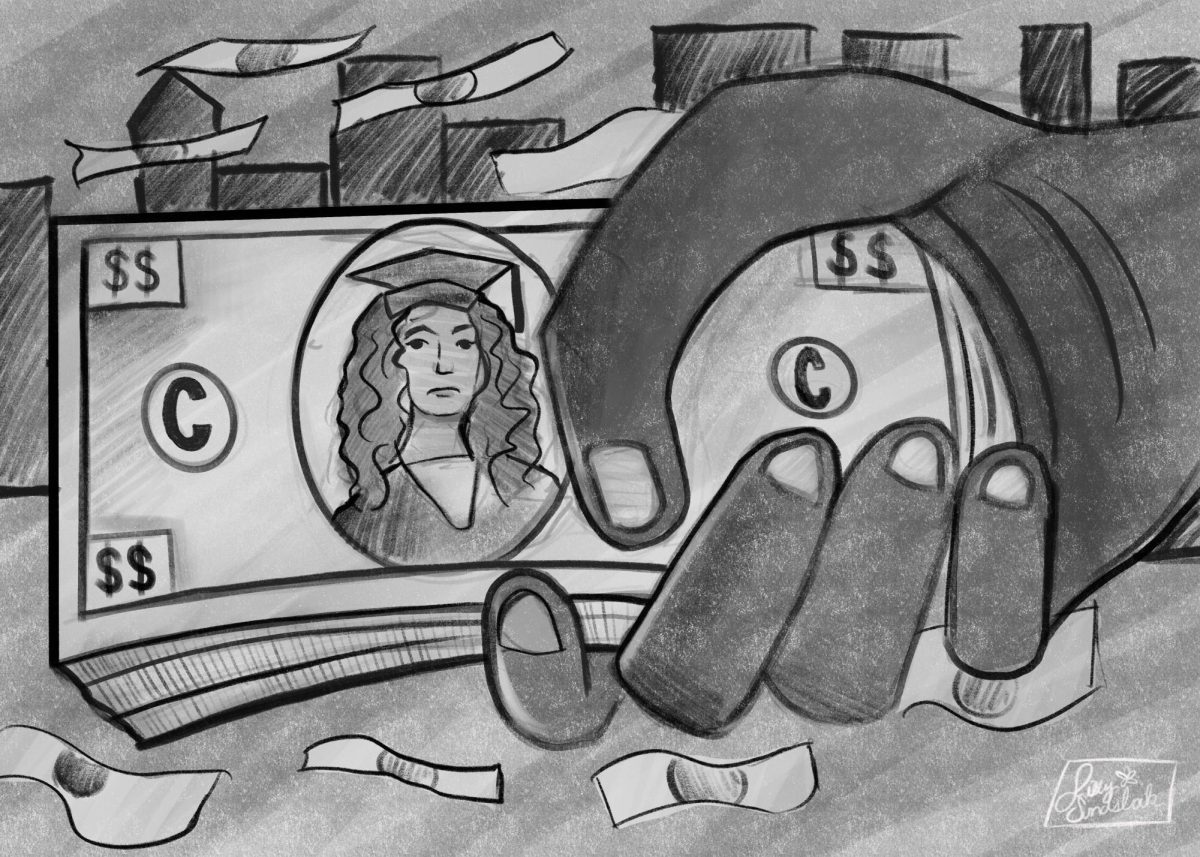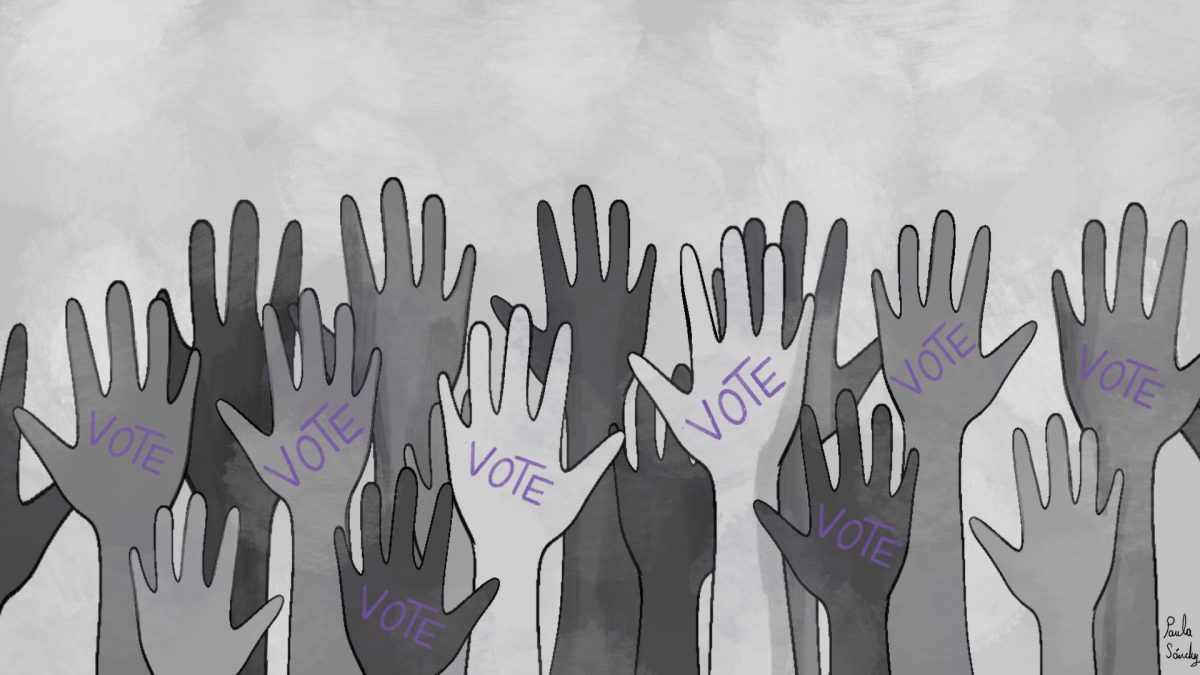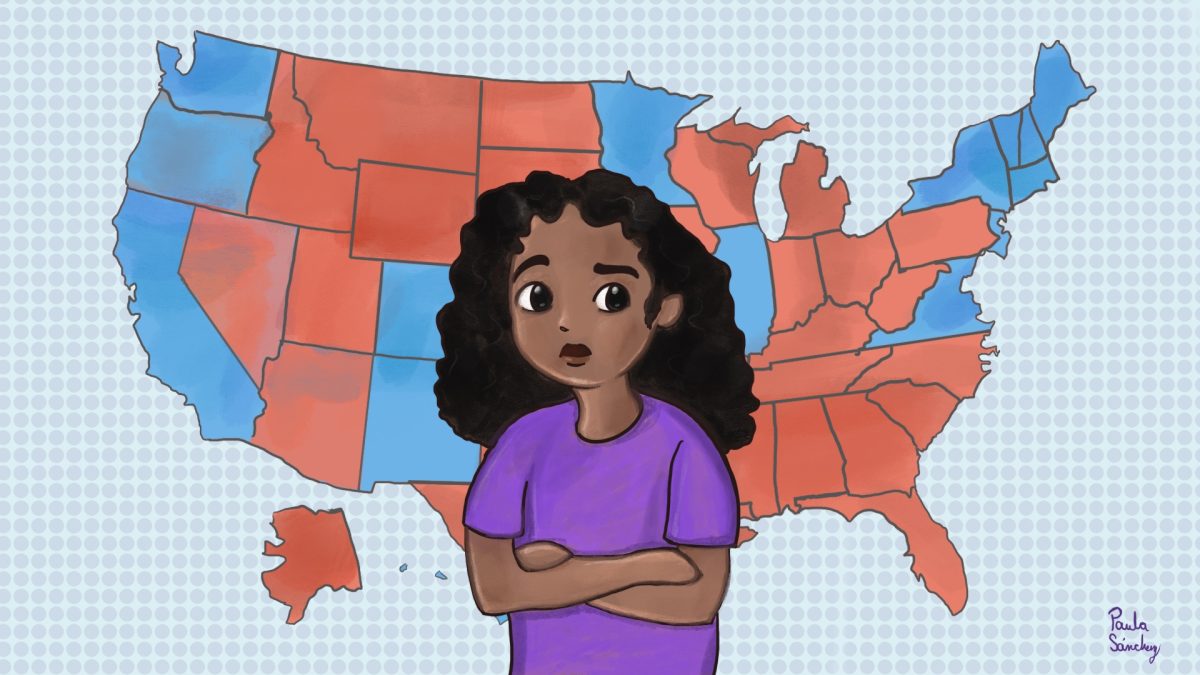Former President Donald Trump won the U.S. election this week in a race that was nowhere near as tight as the polls suggested when voters went to cast ballots on Nov. 5. He beat Vice President Kamala Harris decisively with 295 electoral college votes, winning all seven swing states.
Many people across the country, including on Columbia’s progressive campus in the heart of a blue city in a blue state, are grappling with the implications of the victory and with his plans when he takes office.
Trump’s win pulls us back from progress on critical issues. For those advocating for equality, inclusivity and social progress like many of us do at Columbia, this outcome represents a grim forecast for the direction of the United States.
For Generation Z, one of the main concerns is Trump’s stance on trans rights and gender-affirming care. His previous administration targeted the LGBTQ+ community, and with his return to office, there’s renewed fear over rollbacks for healthcare and protections for transgender Americans. He has already pledged to ban trans athletes from sports, and in the weeks leading up to the election, ran anti-trans ads on national television.
The stakes feel painfully high for the trans and non-binary individuals within our Columbia community who now fear for their access to essential care and fundamental rights. This shift is more than a setback for LGBTQ+ people. It also challenges the values that many of us hold, which is why his victory in many ways is so painful to accept.
His immigration plans also are concerning. He has pledged to undertake mass deportations as soon as he takes office and to restrict green card access and visa pathways. The day after the election, numerous students told the Chronicle how worried they were for their families under a second Trump administration.
His economic policies also could hit college students especially hard. We already are dealing with student loan debt and limited job prospects. Tax breaks for corporations and the wealthiest Americans threaten to deepen economic divides even more, while young people are left to bear the consequences of his tax cuts and plans for sweeping tariffs.
We’ve seen first-hand the effects of dismissing student voices here at Columbia, where the administration is in the process of cutting and revising majors. Students have had little to no input on the changes the college is making to its programs, which the collegewide curriculum committee is reviewing this week. Now, we face a national leader who has shown little regard for higher education funding or student debt relief. It’s hard to feel like anyone is listening to us.
For those who’ve advocated for progressive change throughout this campaign, this election feels like a setback. The disappointment and fear are real, with many feeling as though Trump’s victory invalidates the progress they fought for, placing their futures and values at risk.
Yet, amid this there is still a path forward as Harris reminded us in her concession speech at Howard University on Wednesday, Nov. 6. This moment calls for unity, activism and resilience. Students at Columbia and beyond can continue to drive change at local and state levels, supporting leaders who share their values and resisting policies that stop social progress.
It’s okay to feel sad and disappointed, Harris said, speaking directly to the young people listening to her speech. “But please know it’s going to be okay.”
The stakes are high, but so, too, is the determination of those ready for a fair, just and inclusive country. “Don’t ever stop trying to make the world a better place,” Harris said.
We have to keep trying.
Copy edited by Manuel Nocera















